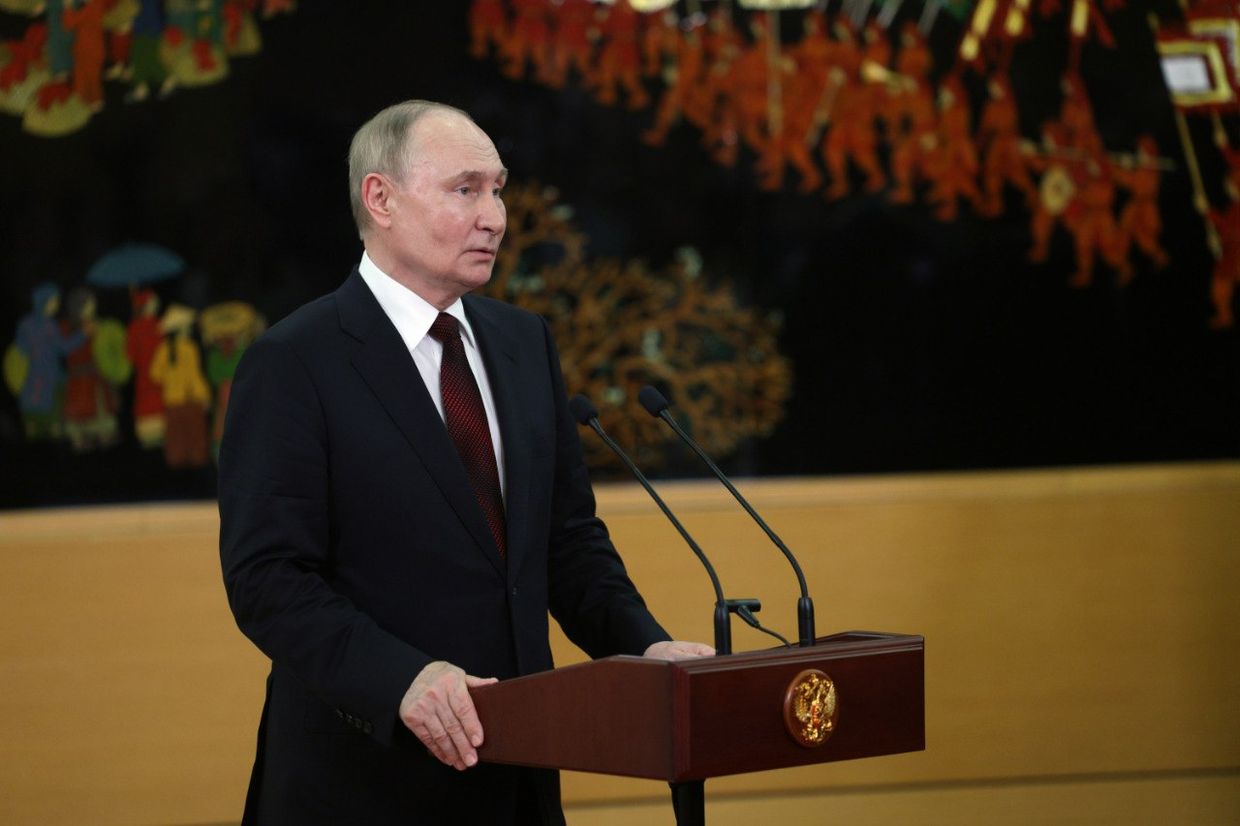Russia considering changes to nuclear doctrine, Putin claims

Russia is considering changes to its nuclear doctrine due to developments "related to lowering the threshold for the use of nuclear weapons," Russian President Vladimir Putin claimed while speaking on June 20 in Vietnam, a day after he visited North Korea.
Nuclear tensions have risen recently after the Russian Defense Ministry said in May it would practice the usage of tactical nuclear weapons in response to purported and unspecified "provocative statements" from the West.
Belarus then announced on June 10 that it will participate in the second stage of Russian drills simulating the launch of tactical nuclear weapons.
NATO spokesperson Farah Dakhlallah told the Kyiv Independent on June 17 that "there are no significant changes" to NATO's nuclear deterrent other than "an ongoing modernization program," after NATO Secretary General Jens Stoltenberg told the Telegraph that the alliance is discussing putting more nuclear weapons on standby.
"We are now thinking about what could be changed in the nuclear doctrine," Putin told reporters in Hanoi, where he signed a memorandum on the schedule for establishing a nuclear technology center in Vietnam.
Putin claimed that Russia does not need a preventative strike as part of its nuclear doctrine "because in a retaliatory strike, the enemy will be guaranteed to be destroyed."
The Russian army is prepared for "all possible scenarios" on the front line in Ukraine, Putin added.
Putin has repeatedly made nuclear threats against Ukraine and the West since the beginning of the full-scale invasion in February 2022. The threats have failed to materialize, and Russia continues to wage its all-out war without using its nuclear arsenal.
The Group of Seven (G7) issued a statement on June 14 warning Russia against using nuclear weapons in Ukraine, noting Moscow's "posture of strategic intimidation."













